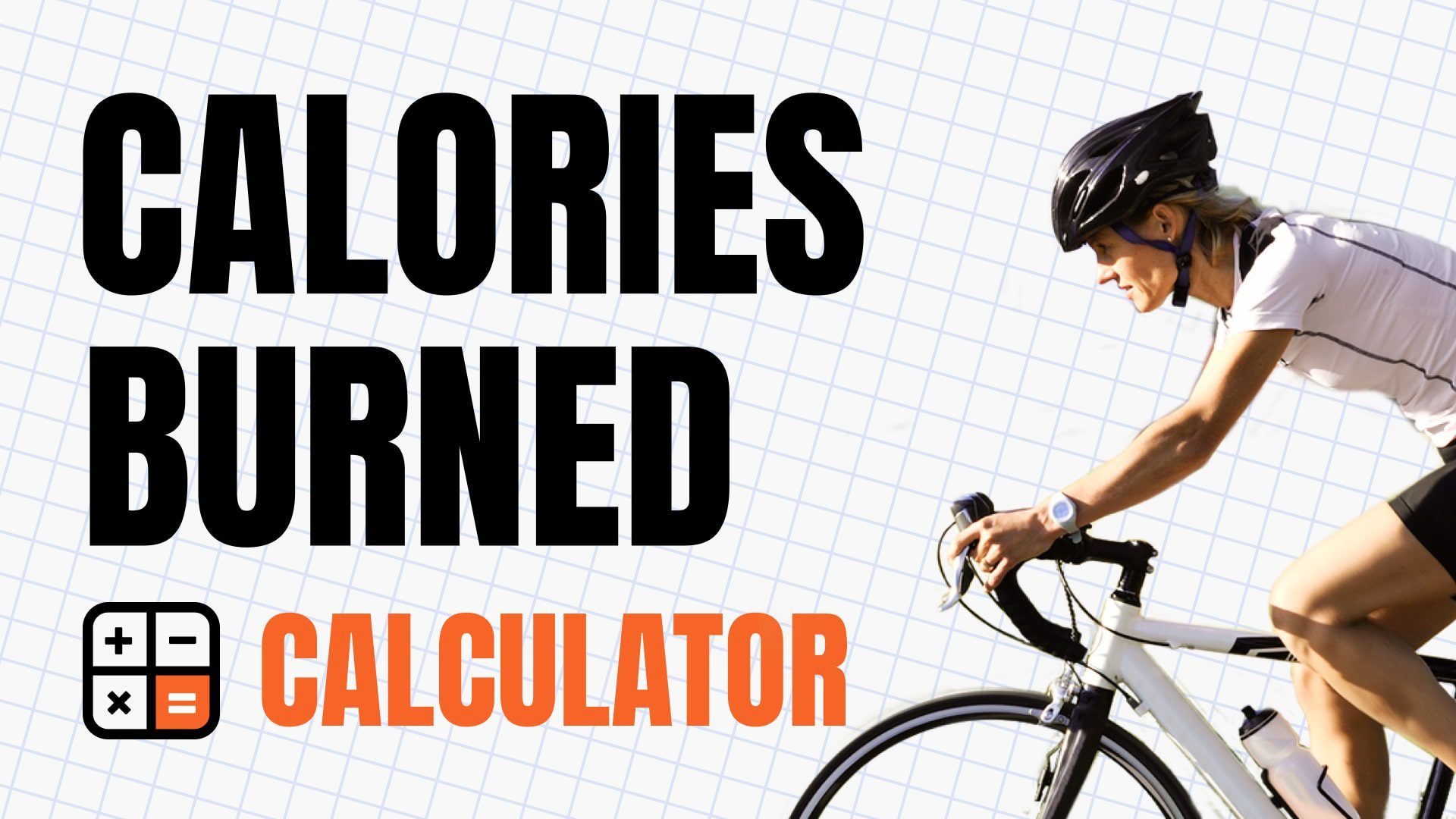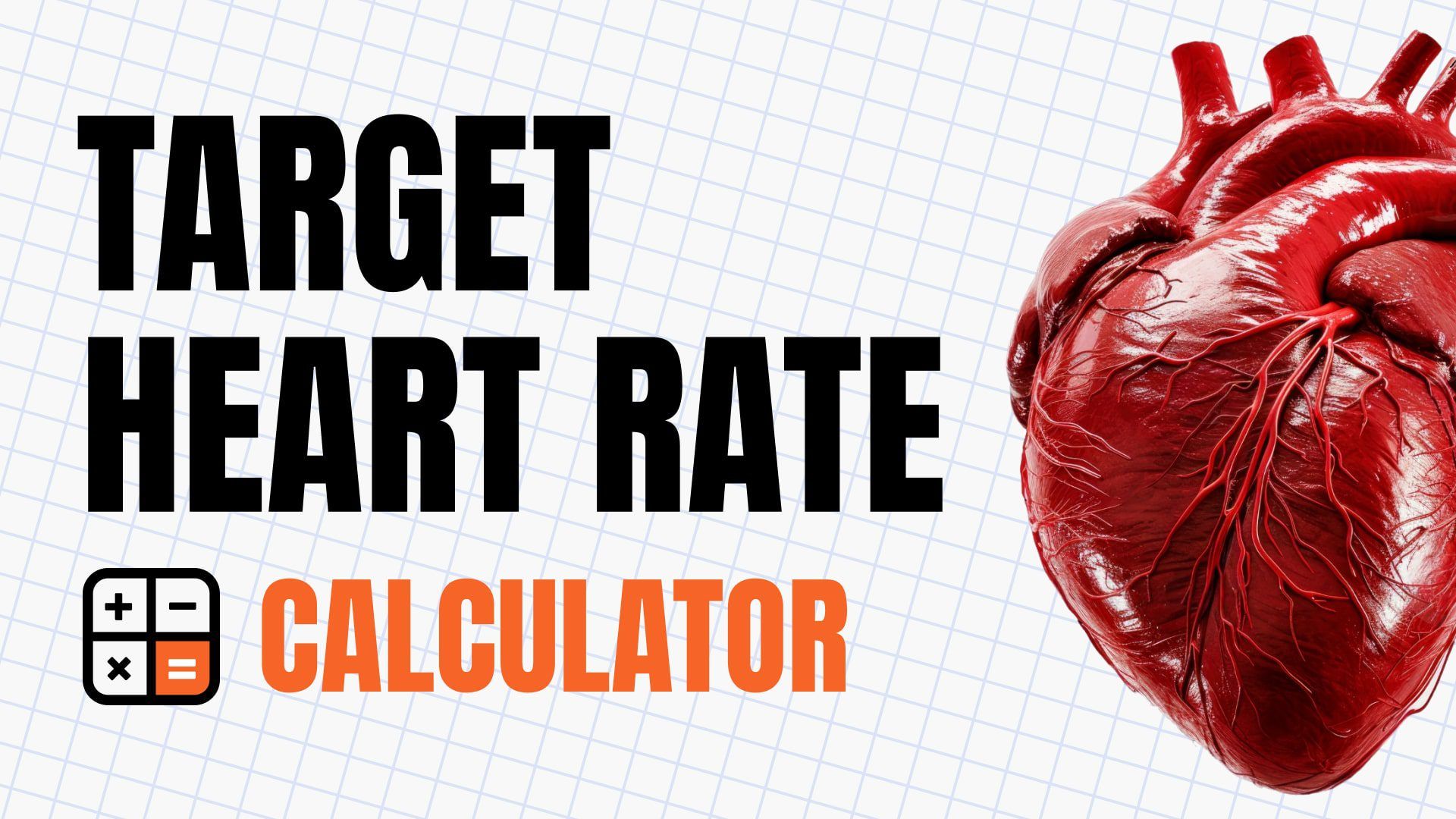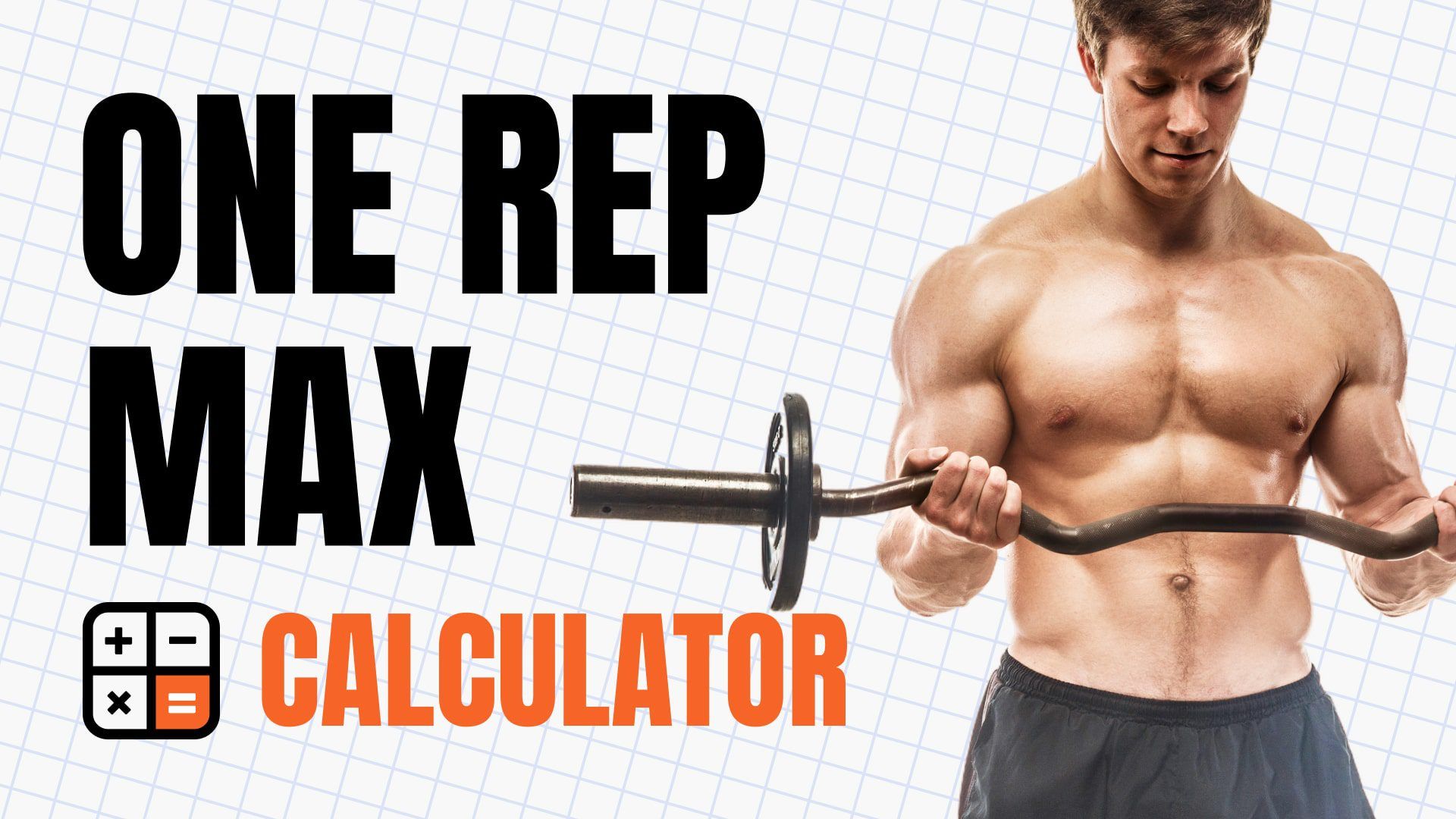Table of contents
In this article, you will learn
Protein is an essential nutrient that plays a significant role in weight loss.
In this article, you’ll discover how protein aids in weight loss, including its effects on appetite regulation, metabolism, and muscle maintenance.
You’ll also learn practical ways to increase your protein intake and considerations to keep in mind.
Role of Protein in Weight Loss
Protein can be a powerful ally in your weight loss journey. Here’s how it helps:
Satiety and Appetite Regulation
One key benefit of protein is its ability to help you feel full longer. Protein significantly impacts hunger hormones such as ghrelin and peptide YY, which control your feelings of hunger and fullness.
Ghrelin: Often referred to as the “hunger hormone,” ghrelin levels decrease after consuming protein, reducing your appetite.
Peptide YY (PYY): This hormone increases after eating protein, promoting feelings of fullness and reducing overall calorie intake.
Metabolism and Thermic Effect
Protein increases your metabolism through the thermic effect of food (TEF), which is the energy required to digest, absorb, and process nutrients.
Thermic Effect of Food (TEF): Protein has a higher TEF compared to fats and carbohydrates, meaning your body burns more calories processing protein.
Increased Calorie Burning: A high-protein diet can boost your metabolism and help you burn more calories throughout the day.
Muscle Maintenance
Maintaining muscle mass is crucial during weight loss, and protein is vital in preserving lean body mass.
Lean Body Mass: Protein helps prevent muscle loss, ensuring that the weight you lose comes primarily from fat.
Muscle Repair and Growth: Adequate protein intake supports muscle repair and growth, especially if you exercise regularly.
Scientific Evidence Supporting Protein for Weight Loss
Several studies support the effectiveness of high-protein diets for weight loss. Here are some key findings:
Studies and Findings
- Harvard T.H. Chan School of Public Health: Research from Harvard highlights that high-protein diets can lead to more significant weight loss and better maintenance of lean body mass compared to lower-protein diets.
- National Institutes of Health (NIH): NIH studies show that increased protein intake can improve metabolism, reduce appetite, and enhance weight loss.
- Journal of Nutrition: This review article summarizes evidence that high-protein diets are effective for weight loss and improving body composition.
- Journal of Nutrition: Protein and Weight Loss
- American Journal of Clinical Nutrition: Findings indicate that high-protein diets help with weight loss by increasing satiety and metabolic rate.
- American Journal of Clinical Nutrition: Dietary Protein and Weight Loss
- PubMed: Research highlights that high-protein diets contribute to weight loss through various mechanisms, including appetite regulation and increased thermogenesis.
Practical Ways to Increase Protein Intake for Weight Loss
It’s essential to incorporate enough protein into your diet to benefit from protein’s weight loss effects. Here are some practical tips:
High-Protein Foods
Including a variety of high-protein foods in your diet can help you meet your protein needs:
Animal-Based Sources: Chicken, turkey, lean beef, fish, eggs, dairy products (milk, cheese, yogurt)
Plant-Based Sources: Beans, lentils, tofu, tempeh, edamame, nuts, seeds, quinoa
Meal Planning Tips
Incorporate protein into every meal and snack to stay satisfied and support weight loss:
Breakfast: Start your day with a protein-rich breakfast, such as Greek yogurt with nuts and berries or scrambled eggs with vegetables.
Lunch and Dinner: Include a source of protein in your main meals, such as grilled chicken with a quinoa salad or a tofu stir-fry with vegetables.
Snacks: Opt for high-protein snacks like a handful of almonds, a protein shake, or hummus with carrot sticks.
Using Protein Supplements
Protein supplements can be a convenient way to increase your protein intake, especially if you’re on the go or have higher protein needs.
When to Use Supplements: Consider using protein supplements if you struggle to meet your protein needs through food alone or need a quick protein boost after a workout.
Types of Protein Supplements: Choose from whey, casein, or plant-based protein powders, depending on your dietary preferences and needs.
Potential Risks and Considerations
While protein benefits weight loss, balancing it with other nutrients and considering potential risks is important.
Balancing Protein with Other Nutrients
Balanced Diet: Ensure your diet includes a variety of nutrients by consuming protein along with fruits, vegetables, whole grains, and healthy fats.
Risks of Excessive Protein Intake: Consuming too much protein can strain your kidneys and lead to nutrient imbalances. Aim for a balanced intake.
Consulting Healthcare Providers
Personalized Advice: Consult healthcare professionals to determine your specific protein needs and create a weight loss plan tailored to you.
Who Should Be Cautious: Individuals with kidney disease or other health conditions should seek medical advice before increasing their protein intake significantly.
Key Takeaways
- Protein plays a crucial role in weight loss by promoting satiety, increasing metabolism, and preserving muscle mass.
- Incorporating high-protein foods into your diet can support your weight loss goals.
- Balance your protein intake with other essential nutrients and consult healthcare providers for personalized advice.
If you have any questions or want to learn more, visit my blog and follow me on social media for helpful guides and health and wellness tools.
Works Cited and Relevant Links
- Harvard T.H. Chan School of Public Health. The Nutrition Source: Protein. Retrieved from https://www.hsph.harvard.edu/nutritionsource/what-should-you-eat/protein/
- National Institutes of Health (NIH). Protein Intake and Weight Loss. Retrieved from https://www.ncbi.nlm.nih.gov/pmc/articles/PMC4258944/
- Mayo Clinic. How Much Protein Do You Need Every Day? Retrieved from https://www.mayoclinic.org/healthy-lifestyle/nutrition-and-healthy-eating/expert-answers/protein/faq-20058298
- Journal of Nutrition. Protein and Weight Loss: A Review of the Evidence. Retrieved from https://academic.oup.com/jn/article/145/3/556S/4585717
- American Journal of Clinical Nutrition. Dietary Protein and Weight Loss. Retrieved from https://academic.oup.com/ajcn/article/101/6/1320S/4564499
- PubMed. High-Protein Diets and Weight Loss: Evidence and Mechanisms. Retrieved from https://pubmed.ncbi.nlm.nih.gov/27431364/
- European Journal of Clinical Nutrition. Protein Intake and Obesity: Mechanisms and Clinical Implications. Retrieved from https://www.nature.com/articles/ejcn2014149
This is a personal blog. I am not a doctor, fitness coach, nutritionist, or trained health professional. The information I share is based on my personal experience, self-research, and insights from working with health and wellness professionals. My content is for informational and entertainment purposes only and is not intended as health advice.
Always consult with your healthcare provider before making any significant changes to your health routines or treatments. I am not liable for any actions taken based on this information.
With that said, your well-being is my top priority. Stay healthy and take care!
Credits and Team

















Leave a Reply